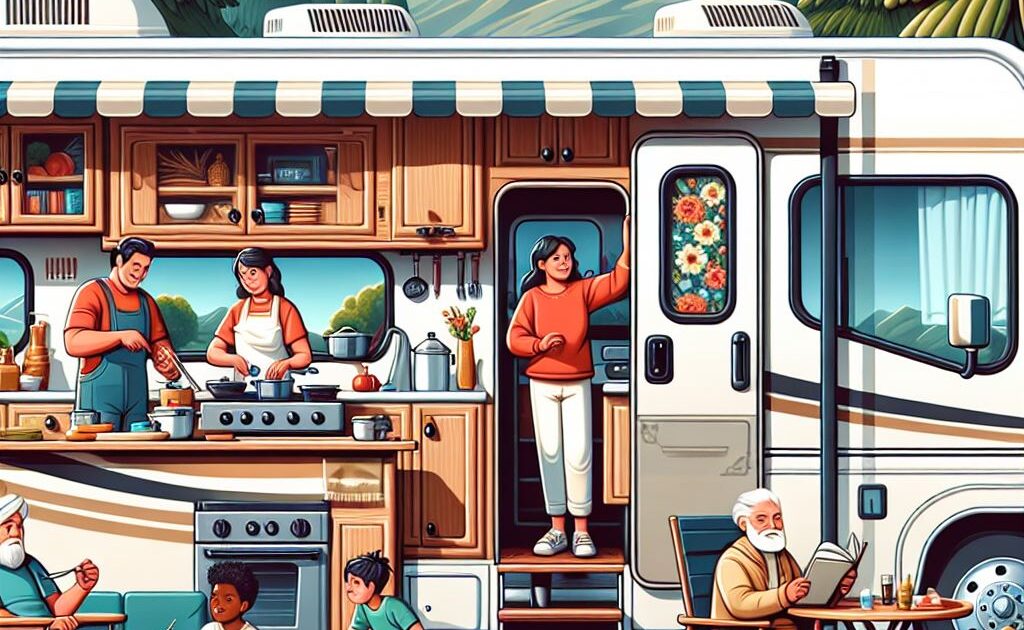Living in an RV full-time isn’t universally illegal, but restrictions often arise due to local laws, zoning ordinances, and practical concerns. Here’s a breakdown of why RV living may face legal challenges and what you can do to navigate them.
1. Zoning Laws
Many municipalities have zoning laws that regulate how land can be used. These laws often separate areas into residential, commercial, and industrial zones.
- Why it matters: RVs may not meet the standards for residential zoning, especially in urban or suburban neighborhoods.
- Tip: Look for RV parks or campgrounds specifically zoned for long-term stays or areas that allow “tiny homes,” as they might also permit RVs.
2. Health and Safety Concerns
Regulations are in place to ensure that living conditions in RVs meet basic health and safety standards.
- Key Issues:
- Access to clean water and sanitation.
- Proper waste disposal (septic or sewage systems).
- Adequate heating, cooling, and ventilation.
- What You Can Do: Use RV-friendly services for utilities and ensure your RV has up-to-date safety systems.
3. Property Values and Aesthetic Concerns
Local governments sometimes restrict RV living to preserve property values and maintain the appearance of neighborhoods.
- Common Restrictions:
- Parking an RV on residential streets or driveways for extended periods.
- Living in an RV outside of designated campgrounds or RV parks.
4. Temporary vs. Permanent Living
Many areas allow RVs for short-term use, such as vacations or camping, but draw the line at permanent residency.
- Reason: Long-term RV living can strain resources and infrastructure not designed for permanent housing.
- Solution: Research areas that permit RV residency, especially rural or less regulated zones.
5. Utility and Infrastructure Challenges
Living in an RV full-time requires access to utilities like electricity, water, and waste disposal.
- Barrier: Some neighborhoods or properties may not have the hookups necessary for an RV, or regulations may prohibit connecting an RV to a permanent utility system.
- Tip: Consider RV parks with full hookups or invest in off-grid solutions like solar panels and composting toilets.
Legal and Flexible Alternatives for RV Living
Despite these challenges, there are legal ways to embrace full-time RV living:
- RV Parks and Campgrounds: Many parks offer long-term or permanent spaces with necessary utilities.
- Tiny Home Communities: Some of these communities welcome RVs as part of their housing mix.
- Rural Areas: Zoning laws are often less restrictive in rural regions, providing more freedom to live in an RV.
- Private Land: If you own land, check local laws. In some places, you can live in an RV on your own property with proper permits.
Final Thoughts
The legality of living in an RV boils down to understanding local laws and adapting to them. While it may seem restrictive, with proper research and planning, you can find plenty of opportunities to live the RV lifestyle legally.
Pro Tip: Before committing to full-time RV living, consult local ordinances and consider speaking to a legal expert familiar with zoning laws in your area.

